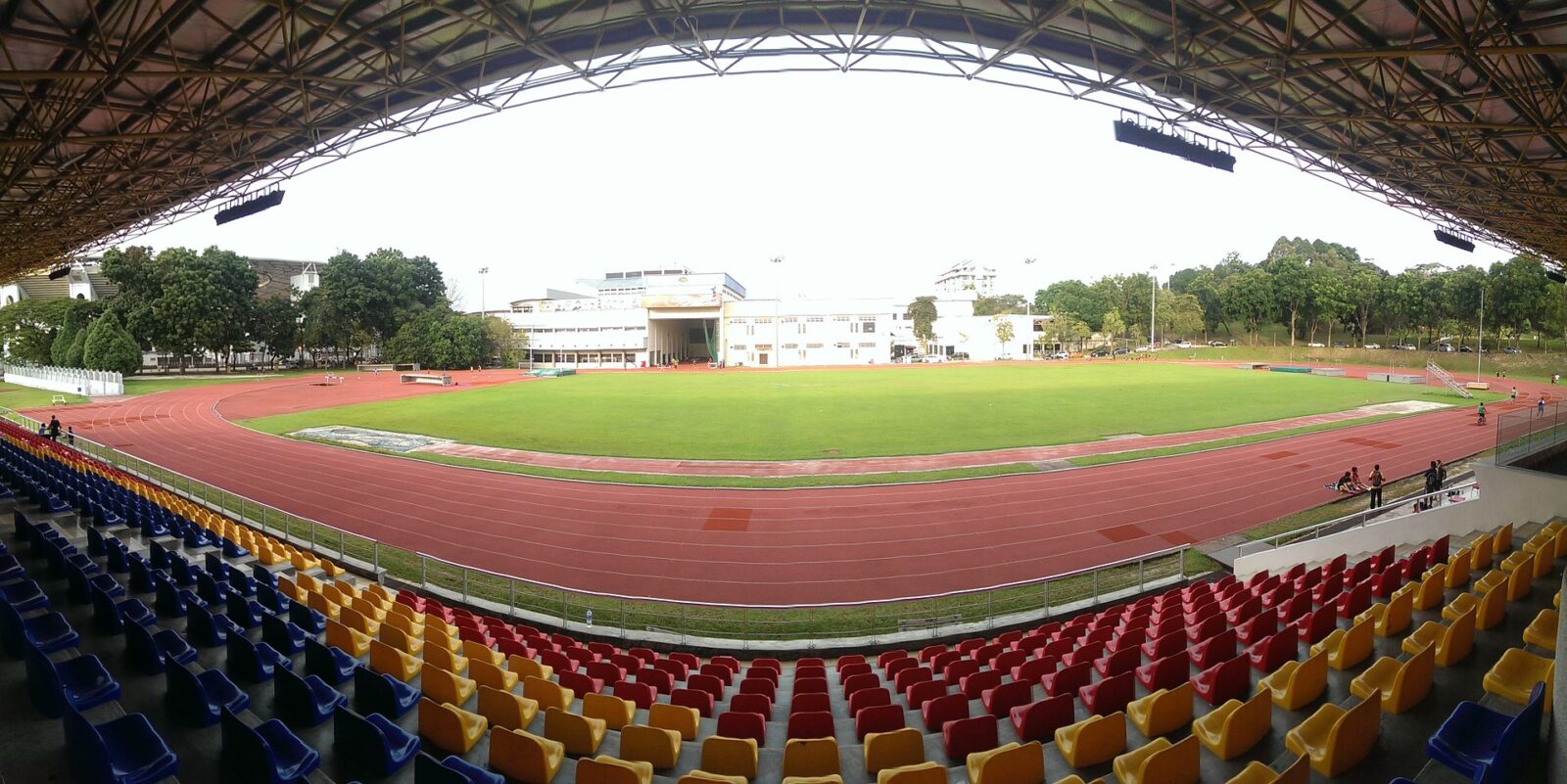Developmental theories are not only descriptive, but also prescriptive: it is not only that one typically completes education, finds a job and gets married at a certain age, but that one is expected to do these things at this ‘right time’.
The normative ideas about life course that circulate in our societies have massive implications for how we live our sporting lives (and expect others to do that).
In the Western dominant ideas about ‘a good life’, sport is traditionally conceived as a project of youth.
How does this shape psychological realities of those who participate in sport? Well, athletes who reach their 30s will hear from others around them that perhaps it is time to retire, focus on your job and family, and grow up. Sometimes it is not explicit; as Heidegger puts it, ‘the they’ is no one in particular. But we know when we are going against the grain.
Those who continue in sport for longer than they ‘should’ are sometimes viewed as those poor ones who ‘hang on too long’ or lack alternative life projects.
Is the growing Masters or Veteran sport movement destabilising the normative life course? After all, many people are now taking part in serious sport in their 50s, 60s and 70s, and even beyond.
Well, in some ways yes. But there are some complications to this as well.
We conducted a study on coaches’ experiences and perspectives on Masters sport a couple of years ago. The research made it clear that while many coaches had a positive view on Masters sport, there are still cultural and structural barriers to it becoming a widely accepted and valued part of our movement culture.

Firstly, many coaches felt that Masters sport was a bit like ‘a second chance’ or ‘the third division’. It was something for those who never succeeded in their youth (in the ‘real’ athletic career). Many of those participants who had been successful athletes in their youth expressed little interest in competing in Masters in later life. It was clear that Masters sport was much less valued than sport in youth.
Secondly, some coaches expressed that Masters sport was perhaps the reason why athletics clubs could be lacking volunteers to organise the activities. Here, the life script ‘kicks in’: while for young people, pursuing their sporting goals is accepted or even encouraged, the older members of the club are expected to put the needs of the others ahead of their own. The normative life course in a sport club progresses from being an athlete to a coach, official or other volunteer. To keep focusing on your own sport involvement is to be selfish.
Of course, volunteer-based sport clubs cannot survive without volunteers who run the activities. The traditional life script has served sport clubs well in that many who participated in sport in youth are ‘giving back’ to the sport and helping to develop the new generation of sport participants. But surely, also older participants have the right to pursue sport and not only help others in doing so?
So, while sport might not be exclusively a project of youth (anymore), we have a lot of work to do in challenging the normative life script that is in various ways limiting who has access to meaningful opportunities and experiences in sport.
Wonderful post on Wonderful topic ?